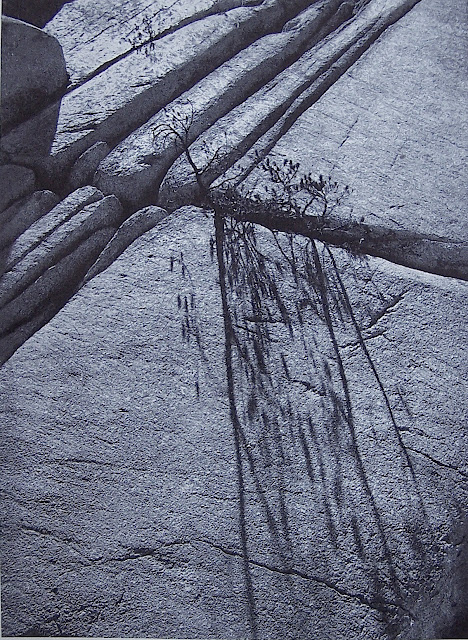Latest from the stainless steel counter, a new combination made exclusively from liqueurs.
2 parts sweet vermouth
2 parts Cachaca
1 part Amaretto liqueur
1 part fresh lemon juice
Swirled and served up, possibly with a garnish of orange peel.
This combination has no "straight goods" and might therefore be considered an aperitif mix. One could, I think, substitute some of the vermouth and Cachaca with golden or white rum (in a 2 to 1 to 1 to 1 to 1 formula), and this would be a somewhat stronger drink, but I don't think the taste would be altered much, or for the better. Amaretto is a powerful flavor, but seems to meld nicely with the other two ingredients.
Complex combinations can taste ambiguous. The great majority of spirits drunk around the world are taken straight. Cocktails, almost by definition, signify coordinations of flavors, bringing together proprietary products, fruit and vegetable products, with specific "goods" (traditional spirit distillations). We have at our disposal today, hundreds of varieties of goods, as well as a host of mixing ingredients--so many that no one could ever exhaust the possibilities. Some drinkers settle on one spirit, or simple combination, and never deviate from it. Others, such as myself, are restlessly trying new ideas, conjuring up unlikely marriages, imagining improbable bedfellows.
Who would think of introducing aquavit to Chartreuse? Curiosity--rather than invention--can be the mother of . . . what? A new discovery, or a blind tasting-alley? Many of the experiments I conduct never find their way into my cocktail blogs, because they're failures. One of the hallmarks of a successful cocktail is that it will inevitably taste right from the start. Some flavors are intriguing, but don't hold up. Cloying sweetness, stingy dryness, blandness, excessive tartness, etc.
This recipe has a decidedly complex flavor. It's smoothness may be an indication that none of its constituent components are allowed to stand out. Anyone of these--gin, vermouth, aquavit, Chartreuse--can be drunk straight; and in other combinations, they can be the dominant flavor. A lot of complex drinks--those, say, with more than 3 separate parts--strike just the right note, like a scientific formula. Makers of swords, for instance, learn to combine individual metals in the precise proportions to create strength, durability, flexibility, and the perfect tapering blade-edge. There's no question that mixing cocktails involves some of that same balancing act, though finding it is rarely attempted with the same devotion and intensity as making useful alloys.
2 parts gin
2 parts dry vermouth
1 part aquavit
1 part yellow Chartreuse
1/2 part Barenjaeger
1 part fresh lemon juice
In the end, you must follow your own instincts. When I'm contemplating a mix, I begin either with a spirit (say, scotch), and then meditate what "spin" I might guess would twirl it in the right direction. I suspect that the venerable old Rusty Nail was invented in just way, with someone wondering how Drambuie would affect scotch. Since Drambuie is made out of scotch, it wasn't much of a leap.
I have a lot of drink mixing books, and there are dozens and dozens more out there. Most of them begin by reiterating the classic combinations with the familiar names, and then timidly suggest a few original ones of their own. Having dipped into quite a few, I now look for books that boast all new recipes, rather than repeating the tried and true.
Here's to variety!







































